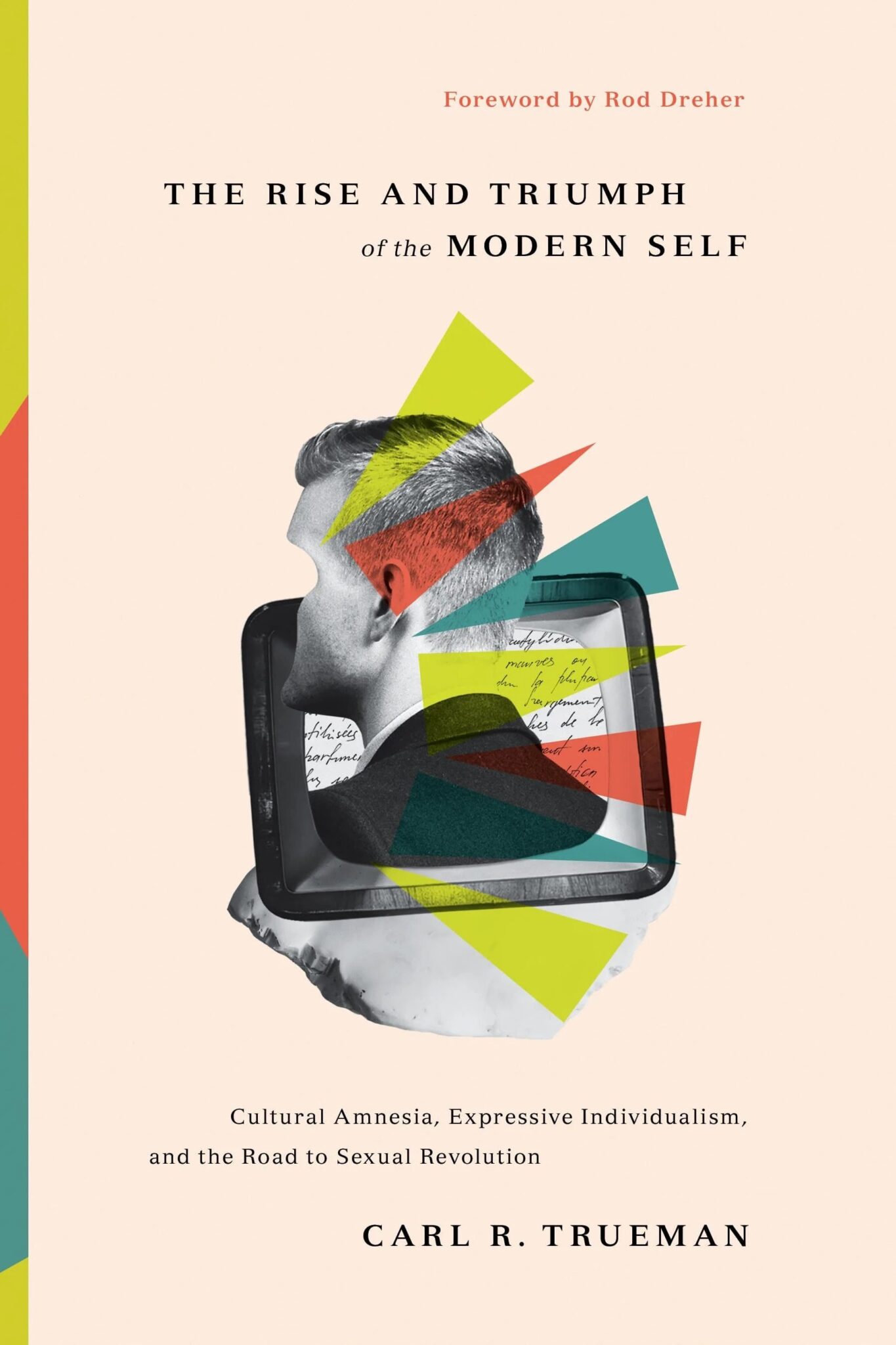“Who am I?” and “Who are we?”—these deceptively simple questions are the puzzles of the 21st century. Cultural shifts, changes in sexual norms, political conflicts and technological developments confront us with questions about what it means to be human. Many of the deepest conflicts in our society stem from the clash between radically different visions of the flourishing human life. These are not the theoretical questions of a philosophy seminar. They are explored in movies and novels and are at the centre of family disputes and workplace tension. They impact the doctor’s practice, primary school classrooms and the counsellor’s office. They come home to us as people in our churches—including ourselves—face questions about our identity and purpose.
Many of the deepest conflicts in our society stem from the clash between radically different visions of the flourishing human life.
Christian thought in our era has to dig deep into what the Bible teaches about being human (the area theologians often call theological anthropology). Through the centuries, theology has wrestled with particular issues at various times. The doctrine of God was hammered out in the third and fourth centuries; Christology in the fourth and fifth. The relation of the reason and revelation was a major topic of the late medieval period. The Reformation highlighted questions about salvation, church and authority. The nineteenth and twentieth centuries called attention to the inspiration and truthfulness of Scripture.

The Rise and Triumph of the Modern Self: Cultural Amnesia, Expressive Individualism, and the Road to Sexual Revolution
Carl R. Trueman
The Rise and Triumph of the Modern Self: Cultural Amnesia, Expressive Individualism, and the Road to Sexual Revolution
Carl R. Trueman
Modern culture is obsessed with identity.
Since the landmark Obergefell v. Hodges Supreme Court decision in 2015, sexual identity has dominated both public discourse and cultural trends—and yet, no historical phenomenon is its own cause. From Augustine to Marx, various views and perspectives have contributed to the modern understanding of self. In The Rise and Triumph of the Modern Self, Carl Trueman carefully analyzes the roots and development of the sexual revolution as a symptom, rather than the cause, of the human search for identity. This timely exploration of the history of thought behind the sexual revolution teaches readers about the past, brings clarity to the present, and gives guidance for the future as Christians navigate the culture’s ever-changing search for identity.
These disagreements produced (along with a deal of angst) statements of theology which have become classics and served the church in successive generations. We can hope that our current disputes produce similar fruit.
In this light, Carl Trueman’s new book The Rise and Triumph of the Modern Self: Cultural Amnesia, Expressive Individualism, and the Road to Sexual Revolution (Crossway, 2020) is being acclaimed as a crucial contribution to help Christians understand how we got to where we are—and to map out the location of “here”. It does not so much deliver the theological anthropology we need, as set out the questions we urgently need to address.
The transgender phenomenon is the presenting problem for the book: how can it make sense for someone to say “I am a woman trapped in a mans’ body?” Trueman’s goal is to show why transgender experiences resonate so strongly in our culture—so that they are celebrated and any questioning is censored. (Think of the recent Victorian legislation). Note, Trueman is not seeking to unpack the psychology of gender dysphoria or to suggest pastoral strategies for supporting people through that experience.
Trueman takes the long view and helps us understand more than the transgender moment. First, he traces the rise of a culture in which there is no settled human nature and individuals have to “make themselves”—the rise of “expressive individualism”. This is the story of Western culture from the 17th century to the 19th. He then traces how this cultural revolution was sexualised. The key contributor to this was Sigmund Freud who held that sex drives define humans. Freud’s thought was then combined with Marxism in the “New Left” (including the recently infamous “Cultural Marxists”). The result was that claims for political and personal freedom had to include sexual freedom—so sex was politicised. Finally, he traces the cultural spread of this revolution through channels such as surrealism in high culture and Hugh Hefner’s Playboy in pop culture. Alongside this came the “triumph of the therapeutic” in which affirmation and emotional support are primary ethical responsibilities. This, Trueman argues, led to the moment when gold-medal-winning male athlete Bruce Jenner was acclaimed as Caitlyn Jenner on the cover of Vanity Fair.
Trueman tells this story in detail (the paragraph above summarises 350 pages) offering an introduction to a wide selection of modern thinkers and cultural figures. One of the reasons to read The Rise and Triumph of the Modern Self is to appreciate how various influences have fed into modern thought about human life. Trueman illuminates many features of contemporary life that we often take for granted such as the priority of the aesthetic and the emotional or the tie between the sexual and political. The transgender moment makes sense in a far wider cultural trajectory.
While the book is largely a history of ideas, Trueman recognises the impact of technology. Contraception, artificial reproductive technology, hormone and gender conversion surgery, television and the internet have all contributed to the culture. There is more to say on this front—but one book cannot cover everything.
The Rise and Triumph of the Modern Self tells a complex cultural history and invites Christians to make use of some sophisticated cultural analysis. This is not a book which focusses on one set of “baddies”. As Trueman writes, it is “neither a lament nor a polemic”. Trueman’s position is clear, but he does not denigrate the thinkers he summarises. This is not a conspiracy theory in which a few thinkers have plotted to subvert western culture. As with almost all history, no human has a grand plan or even much of an idea of what is happening!
No one in the West escapes expressive individualism … aspects of it are strengths of our culture.
The book closes with some thoughts about how to respond to our place in history. Trueman recognises that no one in the West escapes expressive individualism and that aspects of it are strengths of our culture. It is not simply a matter of rejecting mainstream culture. He challenges us to recognise how we might be blind to the impact of the culture on our own thinking and practice. He calls Protestants to understand issues in metaphysical terms with historical insight—and not to simply accept the individualist and emotional framework of the culture. It will not be enough to simply debate about views of marriage or acceptable sexual behaviour. The analysis must go deeper than that, which is why we need to work on anthropology.
This would be a book worth reading over summer (or later in the year if it doesn’t seem like summer reading). It is bracing, but not depressing; serious but accessible and very timely.















